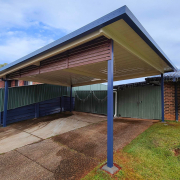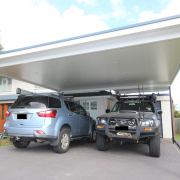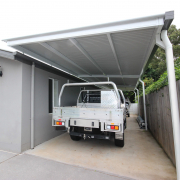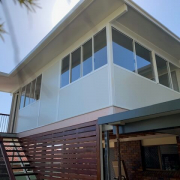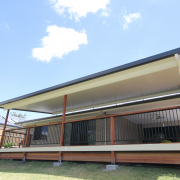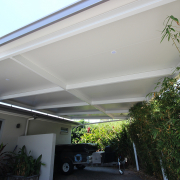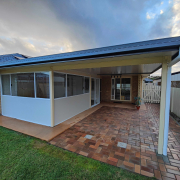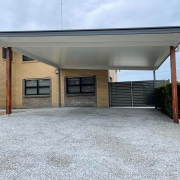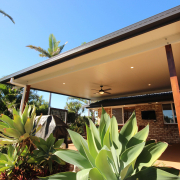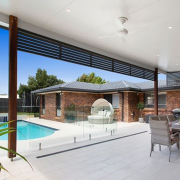Is a Carport Right for You?
For most people in the West (especially for the folks Down Under) constant exposure to the hot, sizzling sun can cause damage to cars and other motor vehicles. The searing heat of the sun can cause paint to peel and fade. And if paint is oxidized, the damage to the vehicle will be hastened. Thus, for most people, protecting their car boils down to two major choices – carports or garages. But, would a carport be right for you? Read on to find out more.
What’s a Carport?
Before calling your local Carport Builders, perhaps you should first learn the basics about carports. A carport is actually an affordable way to make sure that your vehicle/s will have a permanent undercover base.
Carports are generally smaller than garages. And they require much lesser materials to build, which obviously makes them easier to erect. Most carport designs available today are easy to construct. The local council rules or guidelines for installing carports are generally less strict or tedious, because these are not considered as livable spaces.
Carports designs vary depending on user requirements, these options can provide additional space for opening doors and loading the vehicle. But, if you own an expensive car, or a collectible motor vehicle, the sad thing about carports is that these are not theft-proof. So, if you’re living in a high-crime area, I’m afraid you should think twice about having a carport installed.
The Pros and Cons of Installing Carports
Before checking out the newspaper and online ads for Carports for Sale, let’s first have a balanced look at the pros and cons of installing one. But before that, first here’s one interesting FYI about carports – a carport’s flooring can be anything from concrete to pavers, gravel, grass or dirt!
For the pros of installing carports, these are low cost, quick to erect, offer car owners more flexibility, can be done the DIY way, and they’ll have faster local council approval; for the downsides, carports are less versatile, are not theft-proof, offer no storage, offer less protection from the elements, and offer no added value to the property.
How Carports Fare Versus Garages
Now that we’ve talked about the pros and cons of having a carport installed, let’s now compare it head-on with garages. The benefits of having a garage are aplenty. First, they offer better security from theft, and afford added protection from the elements.
Next, garages, have better aesthetic appeal, and add significant value to the home or property. Garages are also easier to maneuver, especially from car to home. Garages also offer more flexibility, and homeowners also have the option of converting into storage space.
For the cons of having garages; first, they are way more expensive than carports, and they take longer to build. Third, if you build a garage, you should comply with more stringent council requirements.
Well, every motor vehicle certainly deserves a place to call home, although what that would be will be all up to you. Either way, carports Brisbane or garages can serve as amazing focal points for your home, and they’ll help keep your car in good condition for longer!

